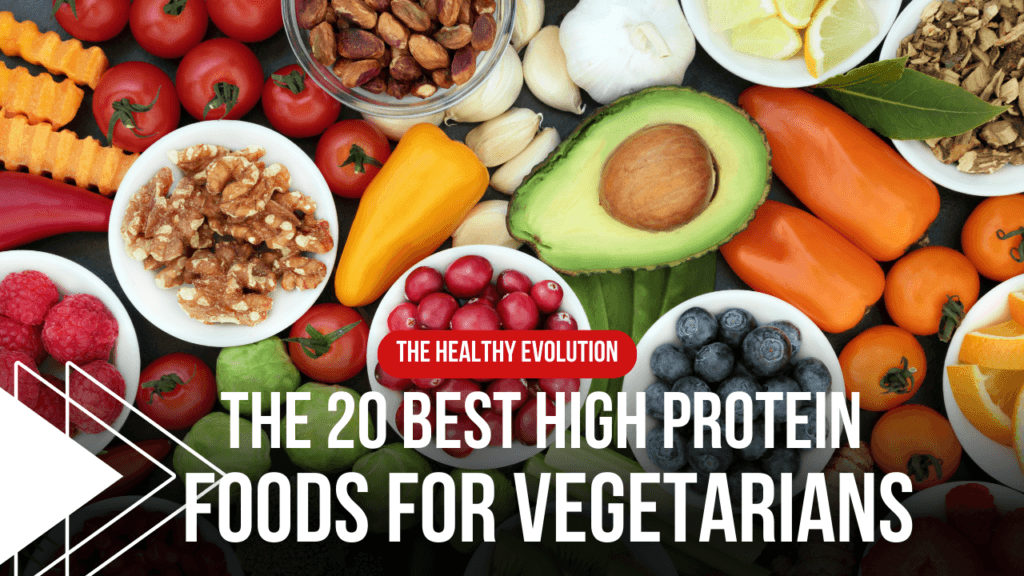Intermittent fasting is an eating pattern where people alternate between periods of eating and periods of fasting. It has several benefits like weight loss
Intermittent fasting is the most popular health and fitness brand. People use this fasting methods to lose weight and to have a healthy life.
What is Intermittent Fasting?
Intermittent fasting is an eating pattern where people alternate between periods of eating and periods of fasting.
Depending on the specific strategy you use, the length of the intermittent fasting intervals can vary. Typical fasting and eating windows include 16/8, 18/6, and 20/4, where the first number denotes the length of the fast in hours and the second number denotes the length of the eating window in hours. The 16/8 strategy, for instance, calls for a 16-hour fast followed by an 8-hour gap for eating.
You can drink water, coffee, tea, and other non-caloric liquids during fasting times, but you should ingest very few calories overall. The meal times are normally employed to finish off your daily caloric intake in a predetermined amount of time.
Methods of Intermittent Fasting
There are several methods of intermittent fasting you can choose based on your lifestyle.
1. 16/8 method: It is also called leangains protocol. In this method, you will be in fasting for 16 hours and restricting your eating period to 8 hours. You will skip your breakfast and eat around 1-8 pm.
2. The 5:2 Diet: In this diet, you eat normally for five days a week while limiting your caloric intake to 500–600 calories for two consecutive days. You consume fewer calories on the days you fast while eating regularly the other five days without stringent calorie limitations.
3. Eat-Stop-Eat: In this method, You will be in fasting continuously for 24 hours once or twice a week. For example, eating dinner for one day and not eating again dinner until the next day.
4. OMAD(One Meal a Day): This method, involves consuming all of your daily caloric needs in one meal while fasting for roughly 23 hours each day. It’s crucial to check that you’re still getting the nutrition you need throughout this brief window for eating.
Keep in mind that different people may respond differently to each method’s effectiveness and suitability. It’s crucial to select a technique that fits your lifestyle, interests, and health requirements. Before starting your fasting methods, it’s also a good idea to speak with a healthcare provider or a trained dietitian to make sure it’s suitable for you.

Health Benefits of Intermittent Fasting
Intermittent fasting has several health benefits
1. Weight Loss
Intermittent fasting is very effective in weight loss. Restricting your eating and lowering your calorie intake makes you to be in a calorie deficit which makes a fat loss. It helps to keep your muscle safe during weight loss, which is important for body composition.
2. Insulin Resistance and blood sugar control
It has been discovered that intermittent fasting increases insulin sensitivity, enabling cells to absorb blood glucose more efficiently. In addition to lowering the risk of insulin resistance and type 2 diabetes, this can help control blood sugar levels.
3. Heart Health
Intermittent fasting helps in improving many risk factors for heart disease. It helps to lower blood pressure, Reduce LDL cholesterol levels and reduce triglyceride levels. These improvements in health helps to lower the risk of heart disease.
4. Inflammation Reduction
Numerous health issues, including as diabetes, cardiovascular disease, and several cancers, are linked to chronic inflammation. According to certain research, intermittent fasting may lower the body’s inflammatory marker levels, potentially lowering the chance of developing various diseases.
5. Brain Health
The production of brain-derived neurotrophic factor (BDNF), a protein that supports the growth and upkeep of neurons, can be increased by intermittent fasting. It may boost memory and protect against disorders like Alzheimer’s and Parkinson’s.
6. Anti-Aging
Intermittent fasting has been proven to boost longevity markers and lengthen lifespan in a number of animal experiments. Intermittent fasting’s impact on cellular repair, decreased inflammation, and enhanced metabolic health may support healthy aging, despite the paucity of human research.

Side Effects of Intermittent Fasting
There are some side effects in Intermittent Fasting
1. Hunger: At the start of intermittent fasting, you may get hungry due to fasting periods. It takes time for your body to get adjust to this new pattern.
2. Sleeping: During intermittent fasting, you may get disrupted sleep due to this new eating pattern, especially if your eating close to your sleeping timings it makes your stomach full so you will not sleep properly.
3. Digestive Issues: You may get digestive issues like constipation and bloating during intermittent fasting. Hydration and following a balanced diet during eating periods can help to prevent these issues.
4. Changes in Energy Levels: Energy levels can fluctuate with intermittent fasting, which is usual. During fasting periods, some people may experience a boost in energy, while others may experience a brief loss in energy while their bodies adjust.
Intermittent Fasting for Weight Loss
Intermittent fasting is very effective for weight loss. Following fasting methods properly have many health benefits.
1. Calorie Deficit
Intermittent fasting can help to have a calorie deficit by limiting the time available for eating, so it will help you to have weight loss. Weight loss can be achieved by eating fewer calories than your body needs.
2. Metabolic Benefits
The metabolic health of intermittent fasting has been proven to be improved, particularly insulin sensitivity. The body is better able to control blood sugar levels and use stored fat as fuel when insulin sensitivity is improved. For those who have type 2 diabetes or insulin resistance, this may be especially helpful.
3. Increased Fat Burning
When glucose (stored as glycogen) is used up during fasting, the body begins to use fat reserves as an energy source. Increased fat burning and weight reduction may result from this. Your body can learn to use fat reserves for energy more effectively if you practice fasting.
4. Maintaining Muscle Mass
When combined with resistance training, intermittent fasting can assist maintain muscle mass while losing weight. During a fast, the body has been shown to largely rely on its fat reserves for energy while sparing muscle tissue. Keeping a healthy body composition is crucial.





